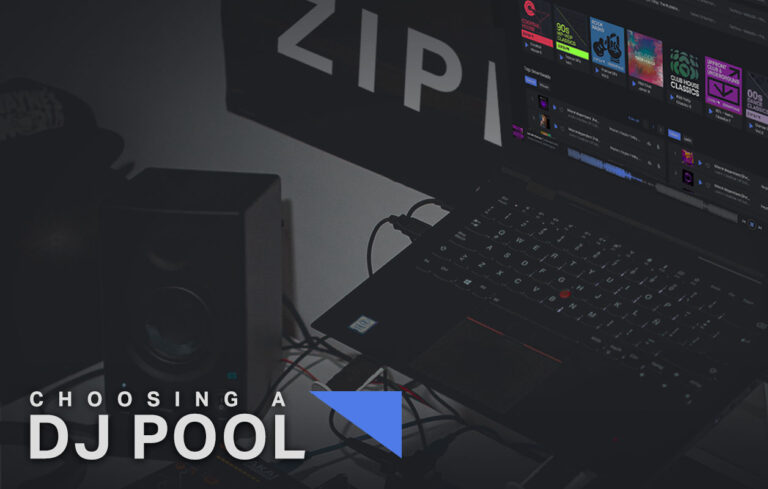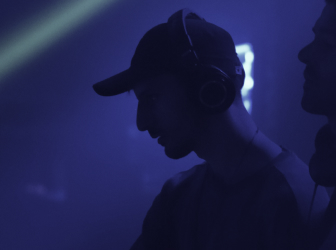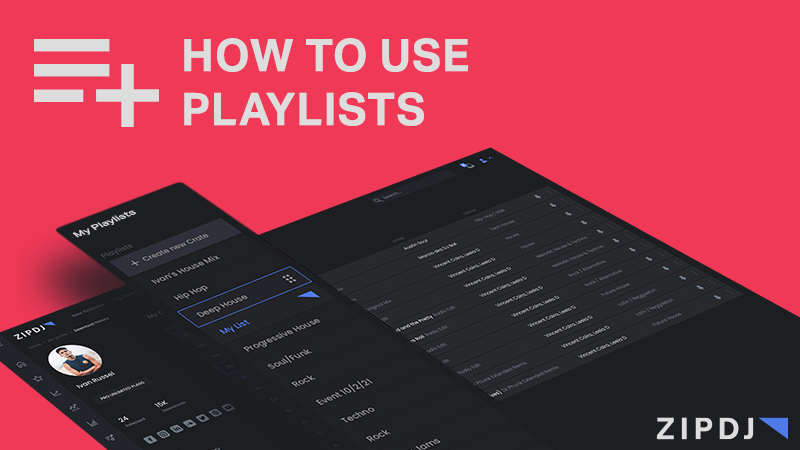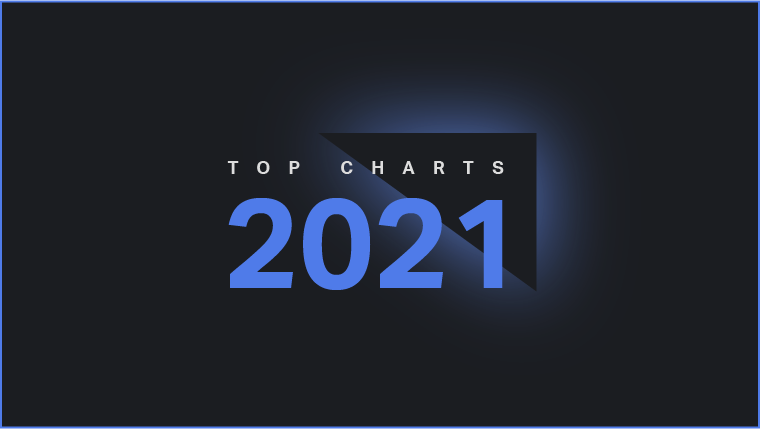How to Choose a DJ Pool

Where It Began
As early as there were DJs, DJ record pools have been around, and crucial to the music experience. In the words of David Mancuso, one of the co-founders of the first established record pool, “When the disc jockey got two turntables and was in a club using recorded music, a new menu was started because the dancer was part of the performance. You’d have your live musicians, where you’d have to go someplace and listen to them play. Or your home, where you’d sit on your couch and listen to records. Well, the disc jockeys got in-between this and created something new… Where the dancer became part of the whole setting of the music being played.” Mancuso in 1974 went on to establish the first record pool known as “The New York Record Pool” in the name of efficiency and equality for all DJs to receive music. The record pool would receive the very latest vinyls from the record label and distribute to the DJs in exchange for a fee as well as feedback from the DJs and their audiences. Record Pools today work the same in providing upfront music directly from the labels and provide valuable feedback from its members. Should you join a DJ Pool? How do you choose one? What are the benefits?The Benefits
Allying yourself with a DJ pool really is the ticket to taking your sets to the next level. It’s the exclusivity that is the major draw. A DJ pool gives you an edge that is non-negotiable in 2022. With a membership you are given access to promo-only exclusive content, remixes, redrums, intros, outros, acapellas and more. Music curation is also key. It is a major time saver to be able to log in and see what is hot and what is trending now. Stop wasting time trying to figure out what to play! Finally, being a member of a DJ pool puts you right into the center of the music industry. Just like the original vinyl DJ pools, you receive promotional music from the record labels and are given the chance to provide feedback. You “break” new music!How to Choose a DJ Pool
Here are a few things to look for when choosing a DJ Pool:Music Variety
When checking out various pools you should try to see what genres are included. What type of DJ are you and what genres do you need? ZIPDJ for example has over 60 genres covered. What genres should a record pool include? See more here.Mixes
A great DJ pool will provide all types of versions and mixes of each track. Your job behind the booth is simplified and enhanced when you have access to Intro and outro versions, clean and dirty versions, redrums, acapellas, DJ tools/samples and more. These are all a must for a DJ and are included with any subscription to ZIPDJ.Audio Quality
Always verify that the record pool you choose provides quality audio files. We are talking a minimum of 192kbps but ideally 320kbps is what you should look for. Also, be sure that the record pool is distributing content directly from the record label and not ripped from some other source. ZIPDJ provides music sourced directly from the record labels as high-quality mp3 downloads (320kbps).Ease-of-Use
Let’s just say this out loud: some DJ pools are honestly stuck in the stone age and just suck ass. Picking a pool that is modernized is a good sign that they are current, cutting-edge, and legitimate! Be sure and look for features like batch downloading, advanced search, filtering by key, bpm, genre etc. Is it mobile friendly? Some more advanced features that can be found exclusively with ZIPDJ include the ability to build playlists in the app as well as like/follow tracks and artists. Find a DJ pool that is easy-to-use so you can keep the joy and excitement in the music discovery process.Support
Nothing is worse than poor support. Whether it is a technical issue or billing question, you don’t want to be at a loss for help. What is the average response time of your prospective DJ pool? Will their team be available when you need assistance? Do they have a built-in ticket system for support that makes tracking and communicating more simple?Community
One element often overlooked and under-appreciated is the community aspect of being a part of a DJ pool. DJing is a lifestyle and your pool’s brand identity should resonate with that. As a DJ pool member, you should be able to give and take feedback and share in that community feel that comes along with it. If you are unsure of how to approach finding a pool that you identify with, start with their social channels. Does the brand identity feel inspiring to you? How engaged do you feel with the DJ Pool’s following? Checking out comments and reviews is a great way to explore the community as well.How Can I Join?
Once you get a feel for the pool you like, joining is simple. There is typically a vetting process in which you show your social media links or website to verify that you are in fact a DJ. Memberships typically cost $20-$60/month but there are usually annual options that run cheaper. If you really want to do your homework, we suggest reading a full review of the DJ Pool you are looking into. ZIPDJ has been voted #1 DJ Pool by many sources now and there are a number of reviews available to give insight as to why. Check out this full review of ZIPDJ here by Audio Captain.Not a member ?
Join Today for Unlimited Music Downloads. Visit zipdj.com for more information.



